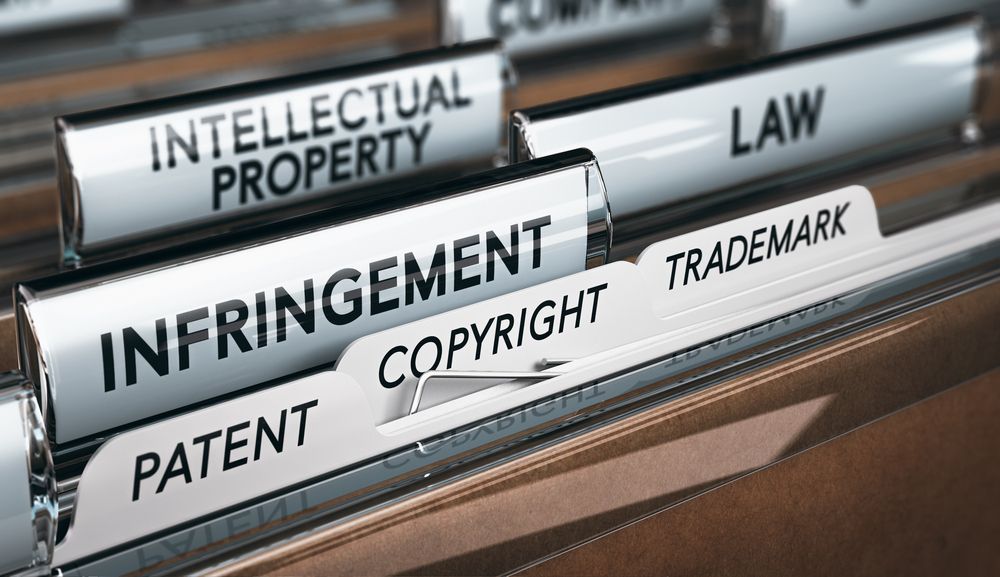Everything You Should Know About IP Laws
Technology and the accessibility of the internet have revolutionized business and consumerism. The growth of the internet and a world that is connected 24/7 has enabled entrepreneurs, businessmen, merchants, artists, and creative minds to reach wide audiences easily. However, the advancement of technology has also increased the chances of infringement. Infringement occurs when your business idea, slogan or anything that is rightfully yours, via a trademark or copyright laws, is used by any other entity without consent.
Simply put, the value of intellectual property (IP) protection has increased a great deal with the progression of the internet. In order to safeguard intellectual property, several IP laws have been written and implemented. Before we shed light on IP laws, let’s have a brief look at what the term intellectual property means.
Defining Intellectual Property
According to the World Intellectual Property Organization (WIPO):
“Intellectual property (IP) refers to creations of the mind, such as inventions; literary and artistic works; designs; and symbols, names, and images used in commerce.”
(Source: http://www.wipo.int/about-ip/en/)
Intellectual property can be something as abstract as an idea for a business, product, or service.
IP laws are invaluable because nothing is stolen easier than an idea.
The Law On Intellectual Property
IP laws allow holders of intellectual property that to take any legal action against those who have infringed on or stolen their property.
We have laws that secure our rights to our physical and tangible property and IP laws give us control over intangible properties or assets. IP laws allow creatives to use their skills, talents, and expertise to not only earn a profit, but to also produce goods and services that benefit society.
What do Patents, Trademarks, and Copyrights Have to Do With IP?
Patents
A patent is an exclusive right to an invention or product for a finite amount of time. The amount of time a patent can last depends on what kind of product it is. A patented product can be used in the market by the owner or they can sell that patent to any other person. In the case of the latter scenario, it is also implied that the original patent owner is transferring the full rights to the product to the new owner.
Items that qualify for patent rights include technological improvements or advancements, ideas for new machines, and even product design. If a particular product has an uncanny resemblance to another product, patent rights can be denied to the owner.
Trademarks
Trademarks generally last indefinitely and are used to maintain a brand’s individuality (branding, slogan, logos, etc). Trademarks ban other entities from utilizing the likeness for profit.
Copyrights
If an artist wants to safeguard their work from infringement, they can do so by obtaining a copyright. Copyrights can even protect an artist’s unpublished work but it cannot protect an idea that has not been channelized.
Contact Lydecker For A Legal Consultation
Contact our experienced Miami intellectual property attorneys if your intellectual property was stolen or used without your permission. Our team of attorneys has successfully handled numerous cases involving IP over the years. Contact us now for a legal consultation.

